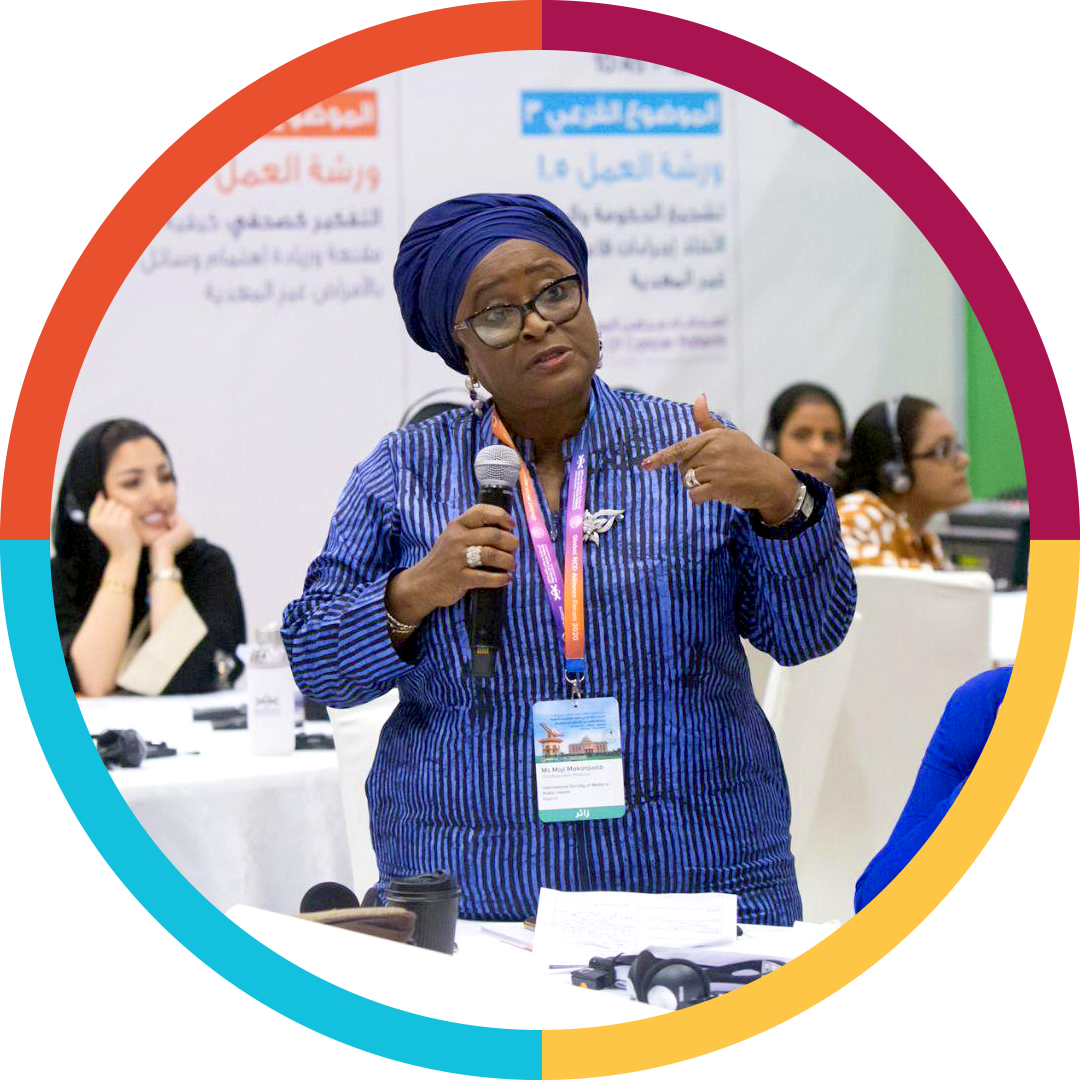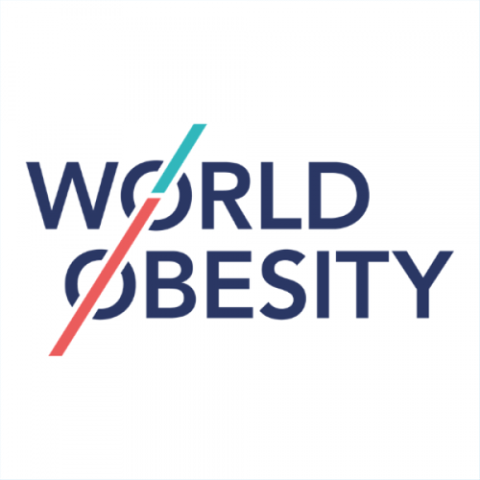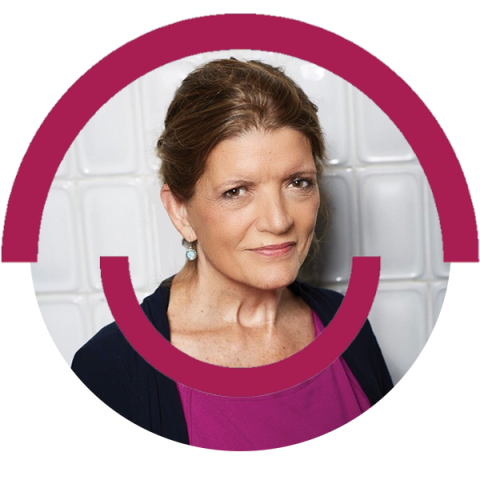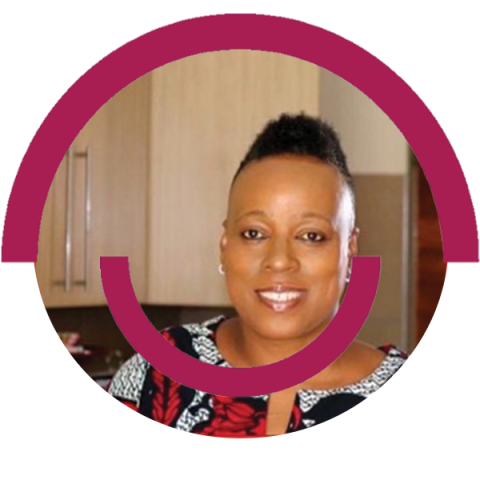In February, I had the privilege of participating in the NCD Alliance Forum in Kigali, connecting with old friends and new colleagues, celebrating with my fellow NCD lived experience advocates, and marvelling at the changes in the NCD community since the first Forum in 2015. The one surprise? How many people came up to me and my colleagues from World Obesity Federation, asking – pleading, really – for help to support people with obesity as well as prevention programmes in their organisations and countries. The majority were from Africa, where obesity rates are soaring in places like South Africa, Egypt, and Eswatini. All asked for guidance, advice, training, and help.
Yet there are few, if any, resources to address, aside from domestic and modest donor funding for countries that are frontrunners in the WHO Acceleration Plan to STOP Obesity, approved in 2022. The Plan itself is an excellent integration of proven obesity prevention and management approaches, tailored to local and regional needs and with an aim of strong country ownership. It represents one of the few global tools we have that acknowledges obesity as a chronic disease and driver of other diseases, requiring systemic, scalable action. Yet without robust support, the Acceleration Plan will only gain traction in those countries with the resources and political will to address it.
Most distressing, the global response is still shockingly weak—the latest iteration of the Political Declaration for the UN High-Level Meeting still ignores recommendations for inclusion of obesity in primary care, with references to obesity limited to a handful of mentions in prevention, using old data and even outdated numbers. This is despite overwhelming evidence that obesity is the primary cause of 43% of type 2 diabetes, up to 78% of hypertension, and over 13 cancer types. What should alarm all of us is that obesity is not being acknowledged as the disease which propels so many of the other NCDs. That means that a person with obesity cannot get help in the health system until they present with a comorbidity. Three years after the WHO Obesity Plan was approved, countries have stepped up, demanding help and advancing strategies, but obesity still is underfunded, under-recognised, and unacceptably marginalised.
Obesity and overweight are projected to affect nearly one half of humanity in the next decade. That translates to over four billion people, the vast majority in low- and middle-income countries (LMICs). The lion’s share of people living with obesity are also living with another NCD, so this is an issue that affects all of us in one way or another. Yet in global health, obesity is “everywhere and nowhere.” The contrasts are startling – there is now more evidence of obesity as a multifactorial disease and driver of other diseases, more demand for help from LMICs, more recognition of the potential benefits of new therapies, including GLP-1s (the class of medicines developed to treat type 2 diabetes and now approved as weight loss drugs) for which global guidelines from WHO and inclusion in the Essential Medicines List are anticipated imminently. These therapies offer new hope but will only make a difference if made universally accessible and embedded in strengthened health systems and nourishing environments. Meanwhile, we are seeing an agenda that has less language, no mention of obesity in primary care, and even fewer references to food policies that are proven to help. This reflects a deeper issue: the tendency to frame obesity as a matter of individual willpower, when success will actually require collective political will through policy, financing, and system reform.
Back in May we convened an extraordinary group of lived experience advocates from all over the world – South Africa, South Korea, Mexico, Kenya, Spain, Trinidad and Tobago, France, Brazil, Canada, Zambia, and Costa Rica – in Malaga at the European Congress on Obesity. Advocates living with obesity and HIV (a growing major challenge in sub-Saharan Africa), diabetes, cardiovascular disease, and many other “obesity and” categories joined up to form what they describe as the Global Lived Experience Community on Obesity. They shared frustration that while they can get help for HIV or blood pressure, much of what they receive when it comes to obesity is misinformation and exclusion from health systems. In the coming weeks, they will launch a powerful new statement and call for action.
The real question is: How can the Political Declaration claim progress yet leave half the world behind?







